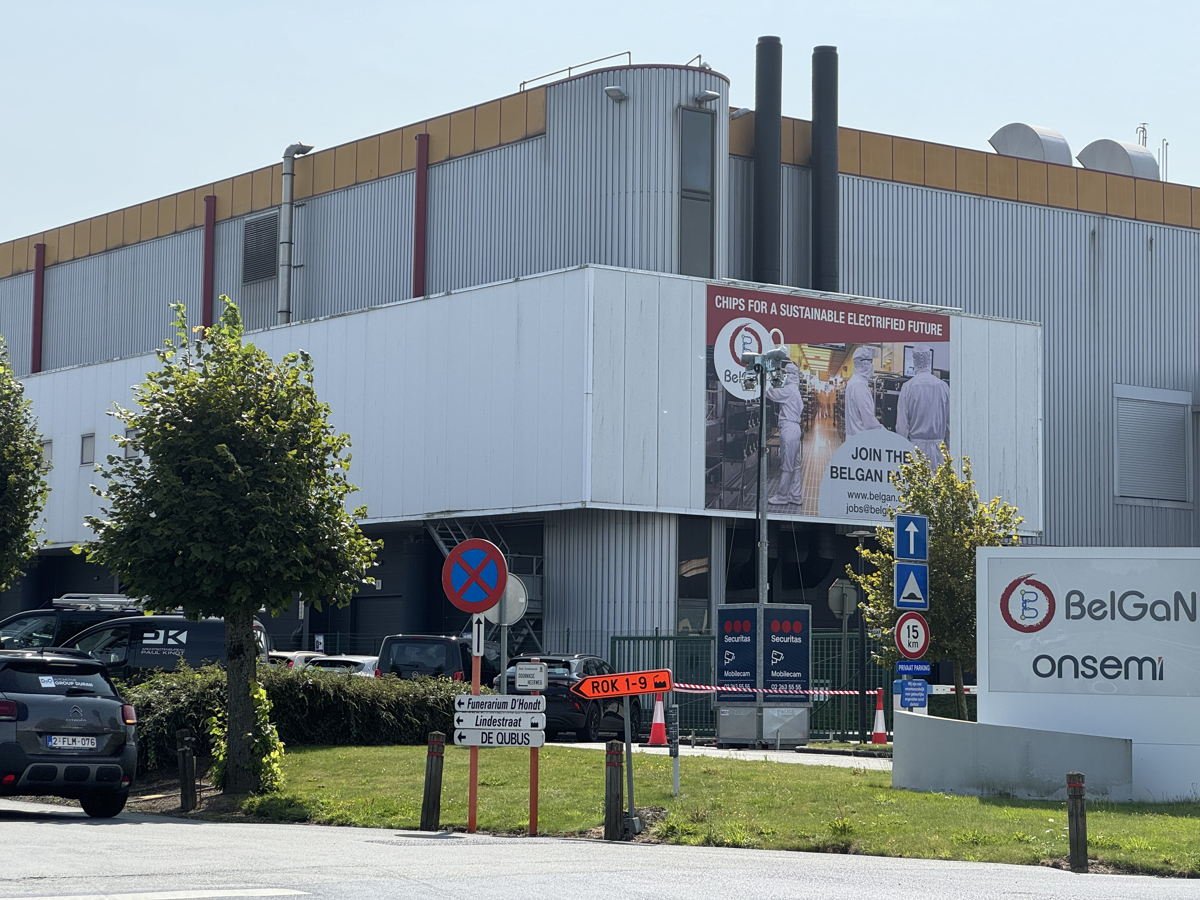A New Photonic Chip Hub to Transform Flanders
A Belgian–European entrepreneur is set to establish a state-of-the-art photonic chip hub in Flanders, marking a long-awaited investment of more than 200 million euros at the former BelGaN site in Oudenaarde. The initiative is expected to create around 500 jobs and could put Europe on the map in a technology crucial for the future of artificial intelligence and data centres, reports 24brussels.
Last year, BelGaN, Belgium’s last chip manufacturer, went bankrupt, resulting in the loss of around 440 jobs and the liquidation of machinery. However, the site’s extensive cleanrooms were subsequently acquired by an undisclosed buyer.
This buyer has been confirmed as Thema Foundries, which plans to transform the Oudenaarde facility into Europe’s first comprehensive production and service centre for integrated photonics. The investment will surpass 200 million euros and is projected to generate approximately 500 jobs in the region.
Energy Efficiency in Focus
This initiative represents a shift in business strategy compared to BelGaN, which was known for its pioneering work with power chips made from gallium nitride. Photonic chips use light particles (photons) instead of electrons, enabling faster and more energy-efficient processing of information, a critical advantage for modern data centres and artificial intelligence applications.
“The energy requirements of data centres have become a global problem,” stated Thema Foundries. “Photonic chips can break that pattern.”
“Europe is lagging behind industrially (…) but this initiative could help it catch up,” remarked Roel Baets, a photonics expert at Ghent University.
The factory will evolve into a high-tech semiconductor facility, integrating production, cutting, packaging, and testing of photonic microchips, while also expanding its research and development capabilities.
Challenges Ahead
Renowned research centre imec will assist the new owners with the business case and licensing technology. However, Gert Bergen, senior vice president of corporate development, cautioned about the complexities of establishing a chip factory.
“A chip factory lives or dies by the extent to which processes are optimally tailored to customers. Without sufficient scale and turnover, there is no future,” Bergen warned.
Nonetheless, the potential rewards are significant. “If this succeeds, the factory could grow into a billion-dollar company, a so-called unicorn,” Bergen elaborated. “But it’s binary: either it succeeds or it doesn’t.”










